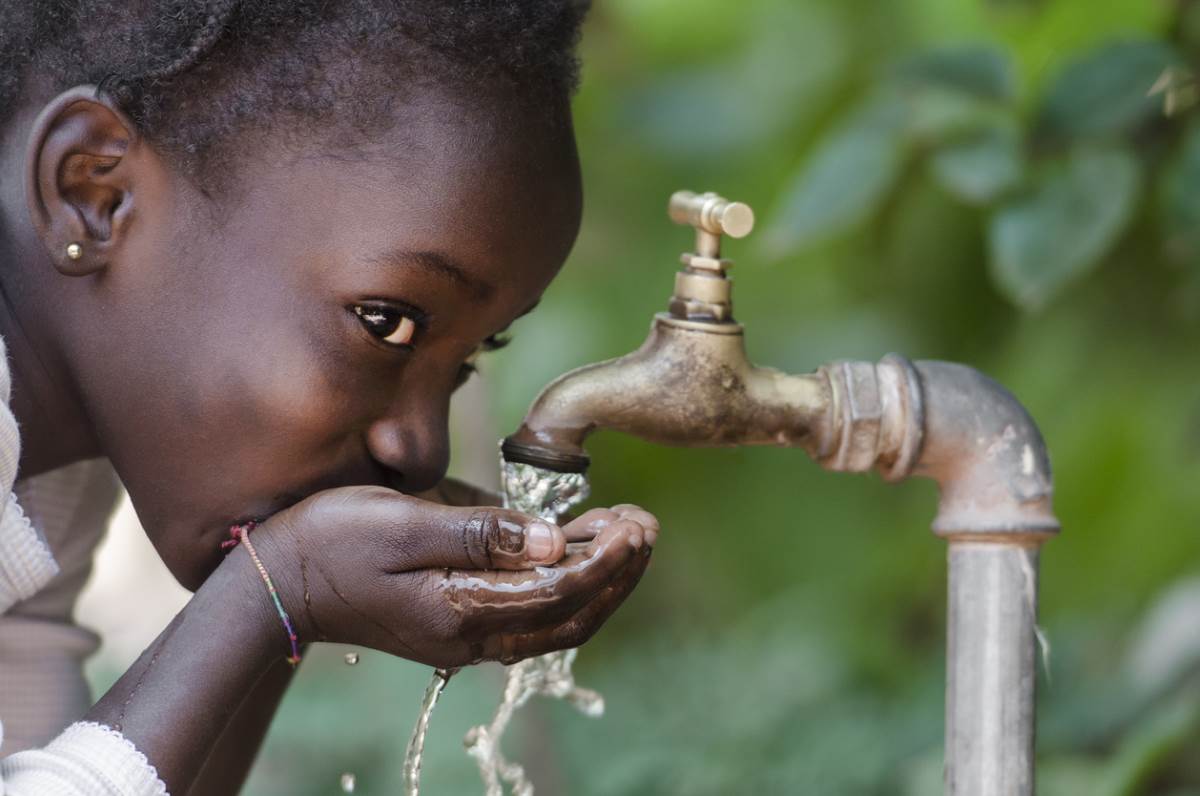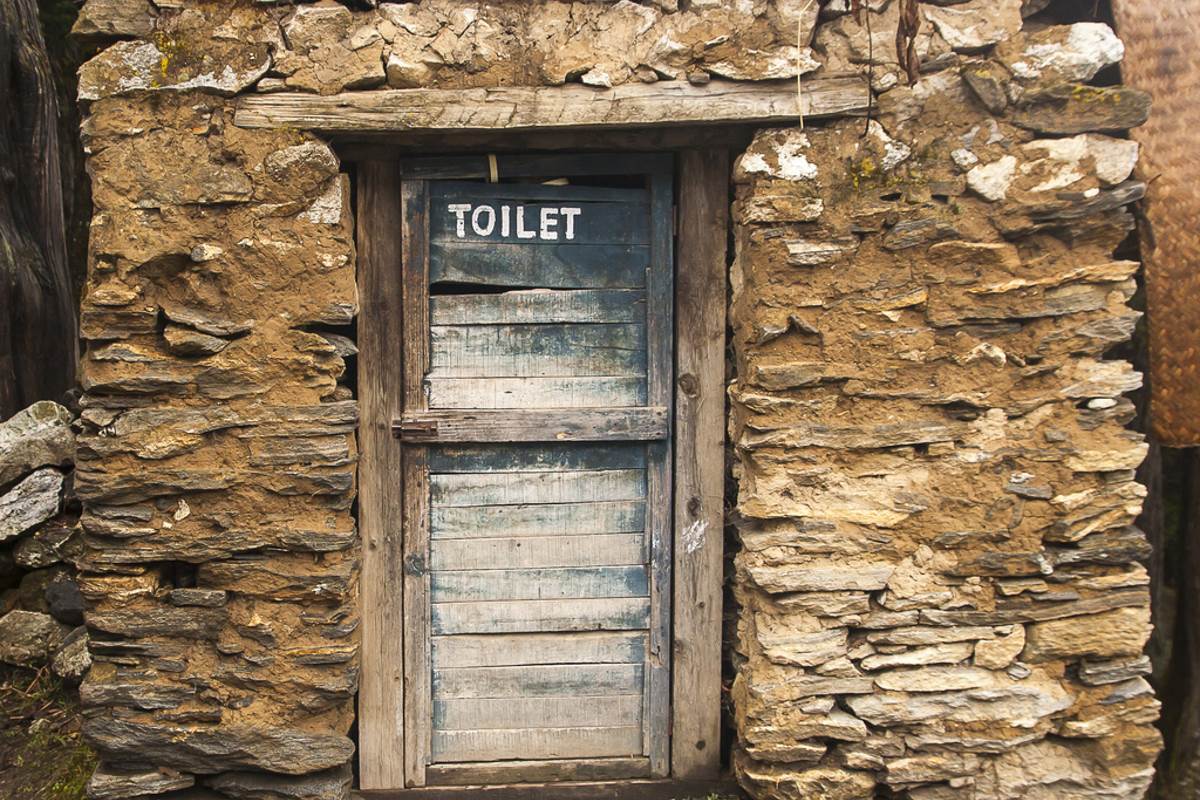In a new report Water Under Fire UNICEF, the UN Children’s Fund, has called for better provision of water, sanitation and hygiene (WASH) services in areas of the world affected by conflict.
Civilian deaths in areas where armed conflicts were happening doubled between 2010 and 2016. Many of these deaths occurred as a result of an inability to access to clean and safe drinking water.
There is an urgent need to address the requirements of the 420 million children who lack access to basic sanitation, and the 210 million who cannot access safe drinking water. In the report, UNICEF proposes a spectrum of activity along a “conflict continuum”, from latent unrest to acute and protracted conflict. In addition actions are also urgently needed during the post-conflict recovery stages.
Because conflict can impact on infrastructure, there is a need to develop localised water provision to ensure water security. This includes renewable energy solutions that can be used to power sanitation infrastructure at times that national and regional infrastructure is disrupted by conflict.
The report presents a number of case studies including:
- The actions that were taken to prevent the spread of cholera in Haiti
- The raising of finance from public and private lenders to upgrade water supply systems in Somaliland
- The use of renewable energy to power wastewater treatment in Jordan.
Not all of these activities have been a total success and a powerful element of the case studies is the way that the barriers to implementation, including unforeseen events, are described.
A huge amount of capital investment will be needed to achieve the UN’s sixth sustainable development goal (SDG) that focusses on clean water and sanitation. In fact some US$114 billion a year is needed. These funds have yet to be raised, creating an urgent problem. Innovative financing will be needed alongside creative partnerships if the necessary funding is to be attracted.
One ray of hope though is that the development of these WASH services could, by creating employment occupations and new skills for your people, help address the risk of conflict in fragile communities.






